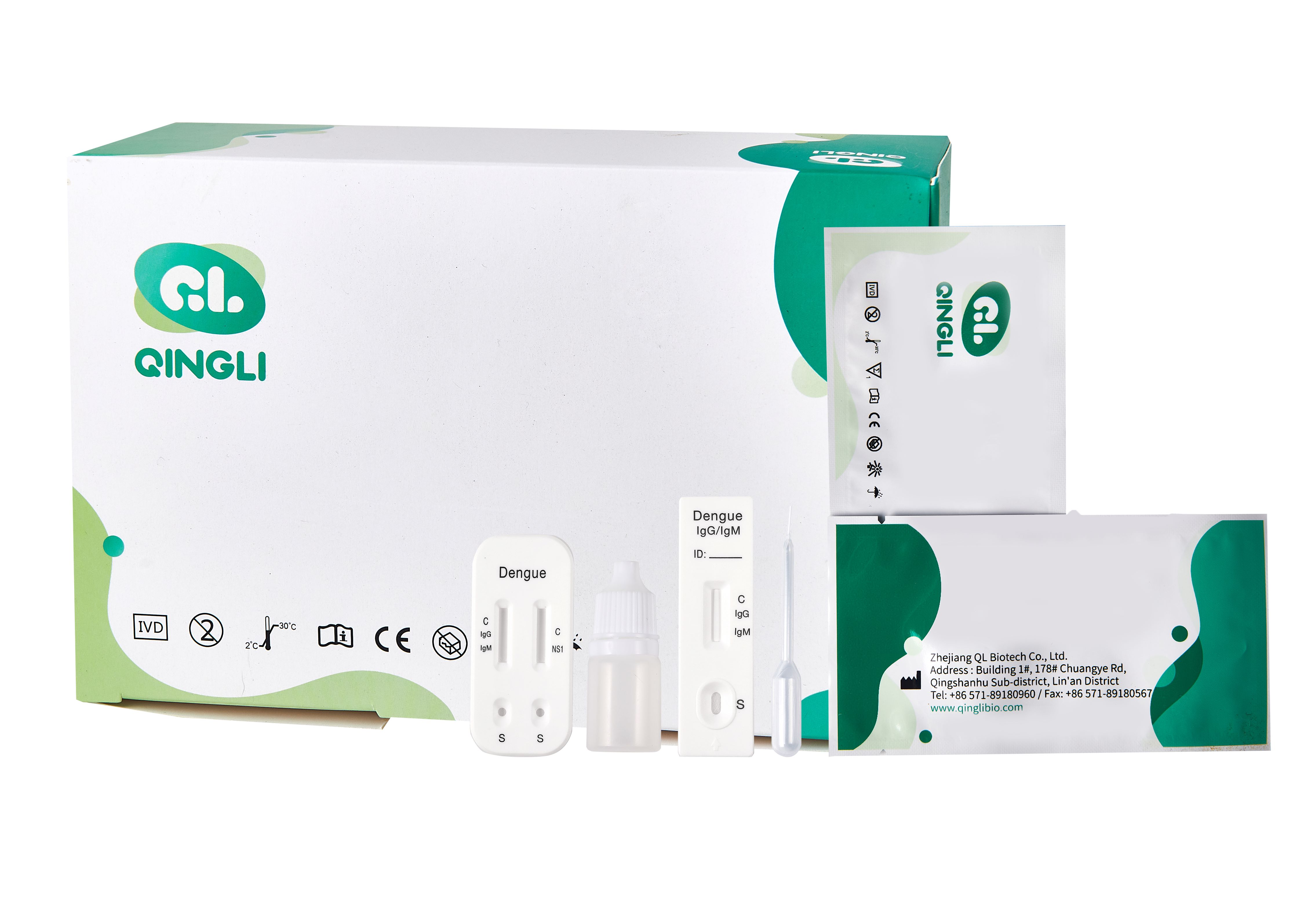Are there any preparations needed before taking a CMV IgM rapid test?
Understanding CMV and Its Impact
Cytomegalovirus (CMV) is a pervasive virus that belongs to the herpes family, alongside other well-known viruses such as those causing chickenpox and mononucleosis. CMV affects millions globally, with an estimated 60% of the American population having been exposed by age 40. In most cases, CMV remains dormant or causes mild symptoms, resembling a common cold. However, for certain demographics, particularly pregnant women and immune-compromised individuals, CMV can pose significant health risks.
CMV Persistence and Reactivation
Once a person is infected with CMV, the virus remains in their body for life. While typically dormant, it may reactivate under specific conditions, such as stress or immune system suppression. This reactivation can lead to severe health issues, particularly in vulnerable groups, necessitating careful monitoring and testing.
Purpose of CMV IgM Rapid Test
The primary purpose of administering a CMV IgM rapid test is to detect active or recent CMV infections. The test measures IgM antibodies, which are among the first responders produced by the immune system following a CMV infection. Understanding the test's purpose helps healthcare providers assess the timing and activity of the infection, crucial for effective patient management.
Benefits of Rapid Testing
CMV IgM rapid tests are invaluable in providing quick results, which can facilitate prompt intervention, especially in high-risk cases like pregnancy or in those undergoing organ transplants. The ability to swiftly identify an active infection allows for timely medical responses, reducing complications associated with CMV.
Identifying Risk Groups for CMV
Not everyone exposed to CMV will experience severe health issues. However, certain groups are at heightened risk and require regular monitoring and testing. These include pregnant women, newborns, organ transplant recipients, and those with weakened immune systems, such as individuals with HIV/AIDS or those undergoing chemotherapy.
Pregnancy and CMV
During pregnancy, a CMV infection can be transmitted to the fetus, potentially causing congenital CMV. This condition can lead to serious health problems such as hearing loss and developmental delays. Pregnant women are advised to undergo CMV testing if symptoms suggest an active infection.
Types of CMV Tests and Their Procedures
Various CMV testing methods are available, each suited to different diagnostic needs. The most common methods include antibody testing, molecular testing, and viral load monitoring. The choice of test depends largely on the individual's symptoms and specific risk factors.
Antibody Testing
Antibody tests detect IgM and IgG antibodies in the bloodstream. While IgM indicates a recent infection, IgG signals a past infection. Understanding these distinctions helps healthcare providers assess a patient's immune response and the infection's timeline.
Molecular Testing
Molecular methods, such as polymerase chain reaction (PCR), detect the presence of CMV DNA. These tests are particularly useful in diagnosing congenital infections in newborns and active infections in immune-compromised individuals. The precision and sensitivity of molecular testing make it a reliable choice for detecting active CMV.
Understanding Test Preparations
While certain CMV tests, such as blood and sputum tests, require no special preparations, others might necessitate specific steps to ensure accuracy. For instance, fasting may be required before a biopsy, whereas an amniocentesis might require the bladder to be full or empty, depending on the pregnancy stage.
Preparations for Blood Tests
Blood tests for CMV detection are straightforward and usually don't require any fasting or other special preparations. However, staying hydrated can make the blood draw process smoother.
Potential Risks and Side Effects
Most CMV testing procedures pose minimal risk to patients. However, understanding possible side effects and preparation needs can help manage patient expectations and ensure a smooth testing process.
Common Side Effects
After blood tests, patients might experience slight pain or bruising at the needle site. Biopsies might lead to soreness or minor bleeding, while spinal taps could result in headaches or back pain. Nonetheless, these risks are generally low and manageable.
Interpreting CMV IgM Test Results
The interpretation of CMV IgM test results provides a basis for subsequent healthcare decisions. Positive IgM results typically indicate recent or active infections, necessitating further evaluation and possible intervention.
Consequences of Positive Results
Positive IgM findings in high-risk patients may prompt antiviral treatments or additional testing to evaluate viral load. Understanding the implications of these results helps healthcare providers tailor patient care effectively.
Importance of Early Detection in Pregnancy
Early detection of CMV in pregnant women is critical to managing congenital CMV risks. Timely intervention can substantially reduce the potential for severe developmental issues in infants.
Strategies for Monitoring
Regular prenatal screenings, including CMV testing, are recommended for expectant mothers. Implementing proactive health strategies helps mitigate potential risks and ensures better outcomes for both mother and child.
Managing CMV in Immune-Compromised Individuals
For individuals with compromised immune systems, managing CMV is essential to prevent complications. Regular monitoring and antiviral therapies are key components in managing infections efficiently.
Continuous Monitoring
In immune-compromised patients, continuous monitoring of viral load can guide therapeutic interventions. Adjusting treatment based on viral activity helps maintain patient health and prevent secondary infections.
Role of Healthcare Providers in CMV Testing
Healthcare providers play a pivotal role in the detection and management of CMV infections. Their involvement ensures accurate diagnosis, appropriate treatment, and ongoing care for affected individuals.
Guiding Patients Through Testing
Providing clear instructions and support helps patients understand the testing process and its implications. Adequate guidance from healthcare providers is crucial for effective disease management.
QL Biotech Provides Solutions
QL Biotech offers comprehensive CMV testing solutions to healthcare providers. With state-of-the-art diagnostic tools, QL Biotech supports accurate and timely detection of CMV infections. Our solutions are tailored to meet various needs, from prenatal screening to monitoring immune-compromised patients. As a trusted wholesale supplier and factory specializing in diagnostic solutions, QL Biotech is committed to improving patient outcomes and supporting healthcare professionals worldwide.







